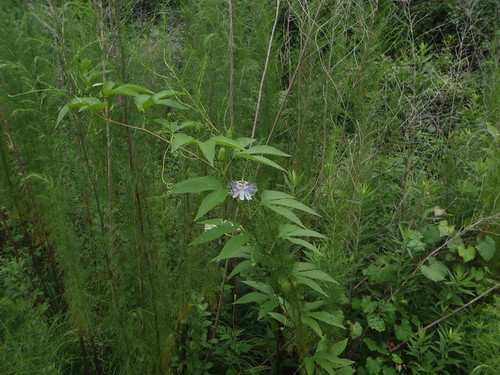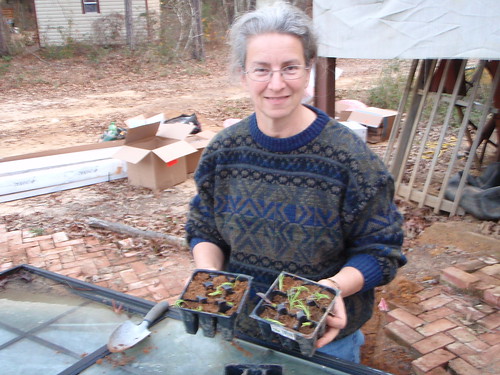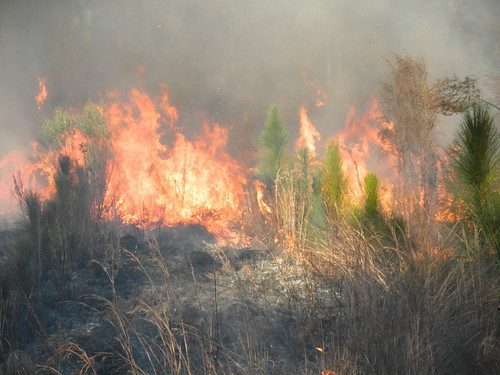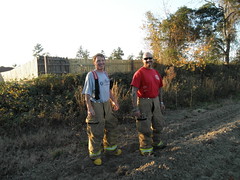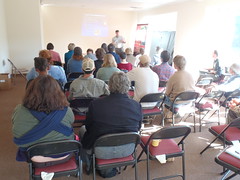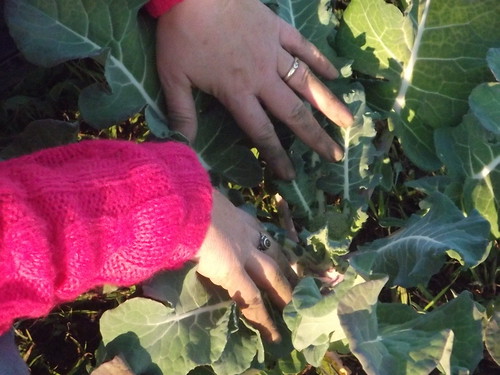Stephanie Garlow wrote for Global Post 1 November 2011, McDonald’s failure in Bolivia: The country closed its stores and left Bolivia in 2002. Why couldn’t it succeed there?
It’s the country that turned its back on McDonald’s.Here’s the movie trailer. Yes, it’s in Spanish, but I think you’ll get the general idea from the pictures without needing to follow the dialog. Or here’s another version with even less dialog and some English subtitles. Continue reading
The fast food giant added the traditional llajwa sauce to its classic patties, but still Bolivians weren’t conviced.
So after five years, McDonald’s closed its eight branches and left the country in 2002.
Now a new documentary, “¿Por qué quebró McDonald’s en Bolivia?”, explores why McDonald’s failed. Filmmaker Fernando Martinez focuses on social and cultural aspects to explain the company’s lack of success. “Culture beat a transnational, globalized world,” he said.

